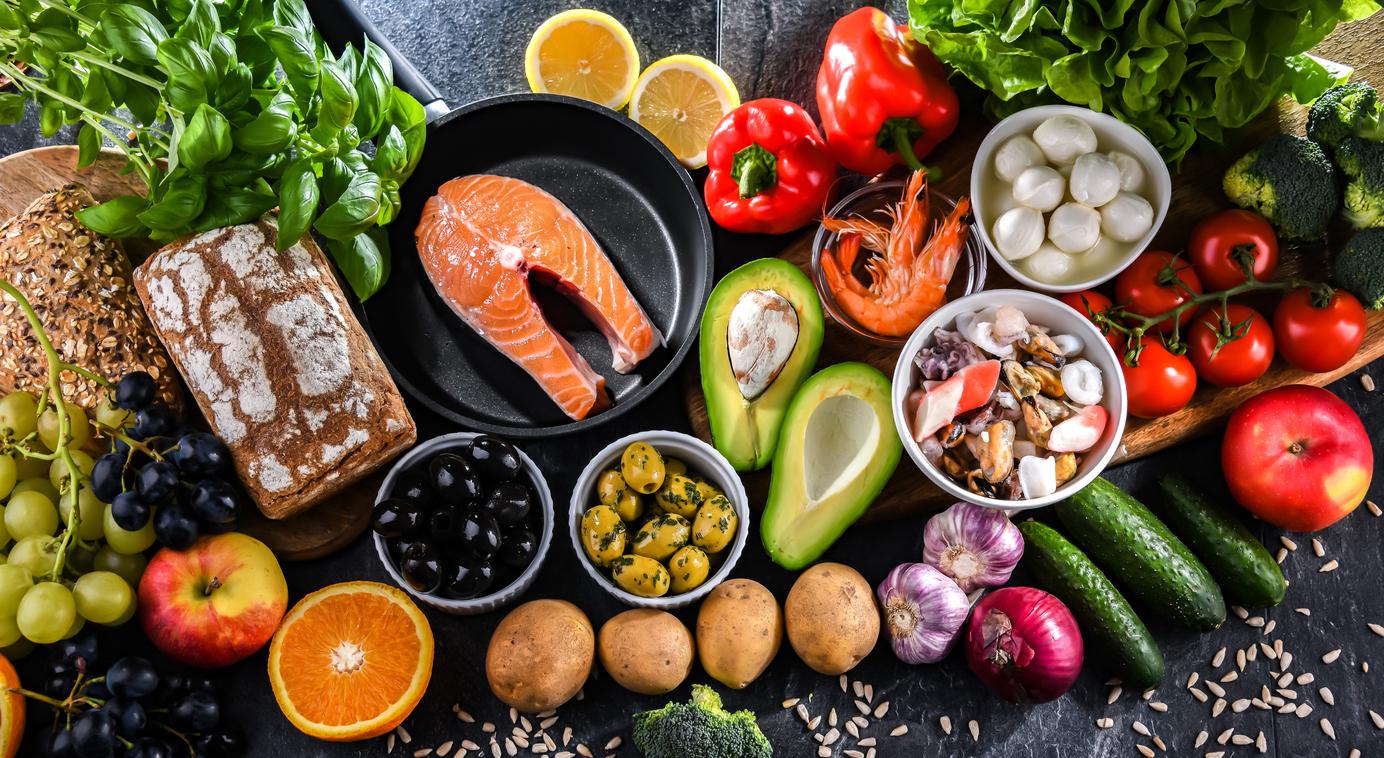Irregular sleep patterns are associated with the multiplication of harmful bacteria in the microbiota.

- Social jet lag is changes in the internal biological clock when sleep patterns change between work days and rest days.
- It is associated with poor quality food.
- Even a 90 minute difference can promote the overgrowth of gut bacteria that have unfavorable associations with health.
During vacations, weekends or public holidays, many of us sleep a few extra hours to make up for our lack of sleep. Problem: Irregular sleep threatens the quality of our microbiota. This is what researchers from King’s College London (UK) revealed in a study published in the journal European Journal of Nutrition.
Social time difference: a change of pace between the week and the weekend
As part of their work, the scientists wanted to study the link between what they called “social jet lag”, namely, changes in the internal biological clock when sleep patterns change between work days and rest days, and diet quality, eating habits, and gut microbiome composition.
For the purposes of the work, the team recruited 934 healthy adults, having participated in the “ZOE PREDICT” cohort, the largest ongoing nutritional study of this type. Most of them slept more than seven hours a night throughout the week. The authors analyzed their blood, stool and gut microbiome samples as well as blood sugar measurements from people with irregular sleep patterns, meaning volunteers who slept more than an hour and a half longer on weekends, compared to those who had regular hours of sleep.
“We tested the differences between the group with social jet lag and the group without it for cardiometabolic markers and diet by adjusting for gender, age, BMI, ethnicity and status. socioeconomic”, the scientists said.
Sleep: harmful intestinal bacteria proliferate “under the influence of food”
According to the results, the group with social jet lag slept less, had more young people and more men compared to the other group. The researchers found that a difference of just 90 minutesent was associated with differences in gut microbiome composition. Irregular sleep was linked to a lower quality diet, higher consumption of potatoes and sugary drinks, and lower consumption of fruits and nuts.
“Social jet lag was correlated with higher relative abundance of 9 harmful gut bacteria and lower abundance of 8 good gut bacteria partly under the influence of diet,” can we read in the searches. Three of the six most abundant bacteria in the group with social jet lag have associations “unfavourable” with health. These microbes are associated with poor diet quality, indicators of obesity and cardiometabolic health, and blood markers linked to higher levels of inflammation and cardiovascular risk.
“Maintaining regular sleep patterns, i.e. the time we go to bed and the time we wake up each day, is an easily adjustable behavior that we can all adopt and that can have a positive impact on our health through our gut microbiome”, concluded Sarah Berry, author of the study, in a statement.















